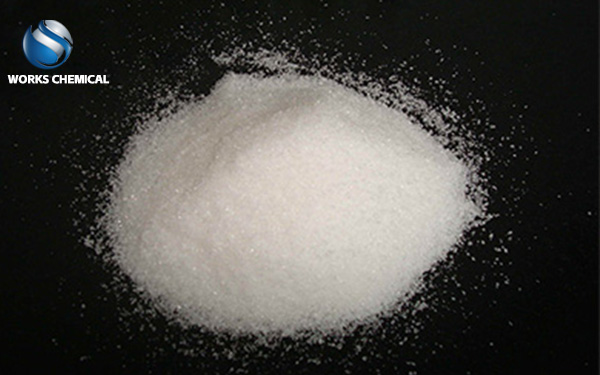
Improving the sludge dewatering effect is an important part of the sludge treatment process, the following are four key secrets that help significantly improve the sludge dewatering effect:

First, choose the right medicine
Agent selection is the key to achieve rapid sludge dewatering. Commonly used agents include:
Polyacrylamide (PAM) : According to the properties of sludge, cationic, anionic or non-ionic polyacrylamide is selected as a flocculant to promote sludge flocculation.
Polymerized iron/polymerized aluminum: These two flocculants have a good removal effect on suspended matter and organic matter, which is conducive to sludge dehydration.
Lime: as a sludge conditioner, lime can improve the dewatering effect of sludge, but attention should be paid to the possible secondary pollution.
Sludge filter aid: the selection of filter aid to improve the filtrate transmission rate in the sludge filtration process, reduce the water content.
Two, choose the appropriate dehydration equipment
Different sludge dewatering equipment is suitable for different types of sludge, and it is very important to choose the right dewatering equipment. Common sludge dewatering equipment includes:
Belt filter press: suitable for sludge with high organic content, the treatment effect is better.
Centrifugal dewatering machine: suitable for sludge with high water content, which can achieve faster dehydration.
Screw press: It is suitable for sludge with high organic content, and the crushing degree of sludge is low.
High-pressure diaphragm filter press: suitable for deep dewatering of sludge in various industries.
Three, optimize operation skills
Mastering the operation skills in the process of sludge dewatering can further improve the dewatering effect. Specific tips include:
Agent dosing: According to the properties of sludge and treatment requirements, an appropriate amount of agent is added to ensure that the agent is fully mixed with the sludge.
Dehydration parameter adjustment: set the pressure, speed and other parameters of the dehydration equipment reasonably to obtain the best dehydration effect.
Process monitoring: real-time monitoring of the sludge dewatering process, timely adjustment of the dosage of agents and equipment parameters, to ensure that the dehydration process is stable.
Regular maintenance: Check the operating status of the dewatering equipment regularly to maintain good working conditions of the equipment and improve the dewatering effect.
Four, the use of advanced conditioning methodsIn addition to the selection of chemicals and equipment, advanced conditioning methods can also be used to improve the sludge dewatering performance. These methods include:
Chemical regulation method: by adding appropriate coagulants, coagulants and other chemical agents to flocculate the sludge particles and improve the dewatering performance of the sludge.
Heating pressure conditioning method: the sludge is heated and pressurized to destroy the cellular material and colloidal structure in the sludge, and improve the dewatering performance of the sludge. This method is especially suitable for the initial sedimentation sludge, digestion sludge and so on.
Freezing conditioning method: by alternating freezing and melting sludge to change its physical structure, so that the colloid stability condensation and cell membrane rupture, so as to improve the dehydration performance of the sludge.
In summary, through the selection of appropriate agents, selection of suitable dewatering equipment, optimization of operation skills and the use of advanced conditioning methods, the sludge dewatering effect can be significantly improved. These tips have important practical value in the sludge treatment process and help to achieve the green and sustainable development of sludge treatment.